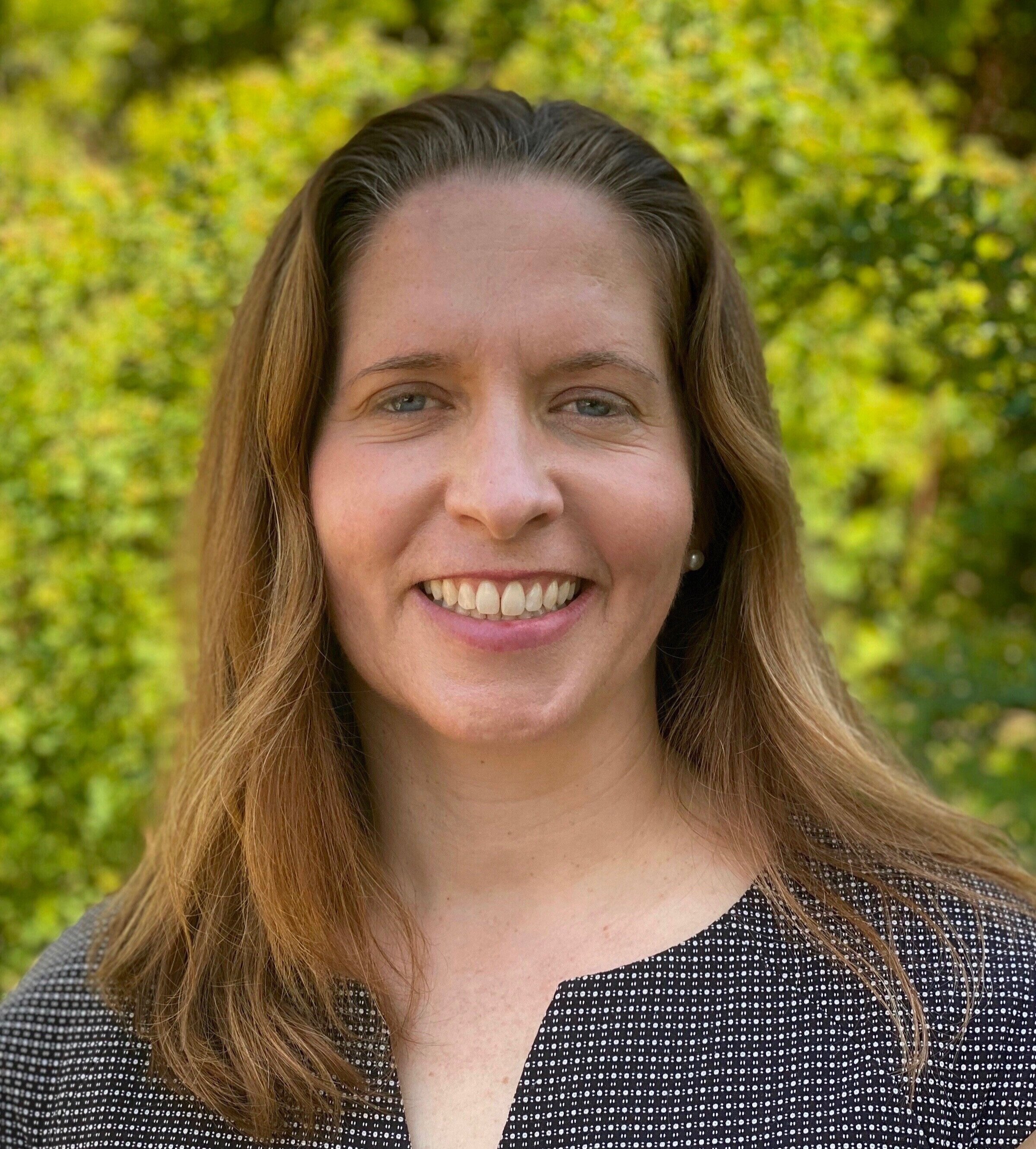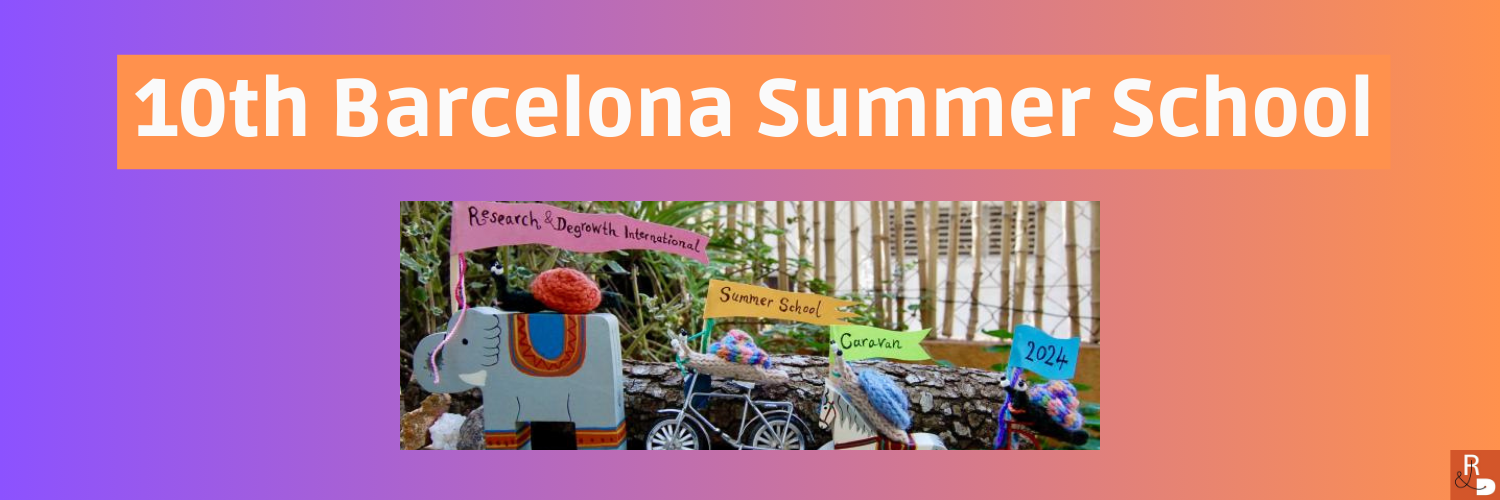Seema Arora-Jonsson | Jennie C. Stephens | Christie Nicoson
This webinar will explore the links between structural violence and climate justice. In an attempt to get past the developmentalist “sustainability” and eco-modernist narratives we will present alternative forms of climate action, ones that also attempt to address systemic racial, gender and colonial injustices, that focus on diversifying power, and that recognise that the climate is an ecological and political issue.
 Seema Arora-Jonsson
Seema Arora-Jonsson
Seema Arora-Jonsson is Professor and Chair of Rural Development at the Swedish University of Agricultural Sciences with a focus on Europe. She works with questions of sustainability and justice in relation to environmental governance, climate politics and rural development. Her work is shaped by the need to examine rural development in its particular situation, but in the context of wider transnational currents and relations. Feminist thinking and questions of gender, race, ethnicity, class and geography inform her work. Issues of research approach a) the doing of the research – participatory research and ethics and b) analyzing environmental questions in a North-South perspective in the globalizing context of environmental governance are central in her work.
@AroraJonsson
Jennie C. Stephens
Jennie C. Stephens is Professor of Sustainability Science & Policy and Director of School of Public Policy & Urban Affairs at Northeastern University in Boston. Professor Stephens’ most recent book, Diversifying Power: Why We Need Antiracist, Feminist Leadership on Climate and Energy (Island Press, 2020), inspires collective action with stories of innovative diverse leaders who are linking climate and energy with jobs and economic justice, health and food, transportation and housing. Trained at Harvard and Caltech, she is an educator, social justice advocate, and internationally-recognized expert on renewable transformation, energy democracy, climate justice, and gender in energy.
@jenniecstephens
 Christie Nicoson
Christie Nicoson
Christie is a PhD candidate at Lund University, working as part of the Agenda 2030 Graduate School. Her research is at the intersection of peace studies, climate science, and feminism. She addresses how peace can be climate resilient, examining how intersectionalities shape experiences of peace and climate change. Her background is in human rights advocacy with various community-based and international organizations, and in research on gender and climate topics for academic and policy-relevant outputs.

